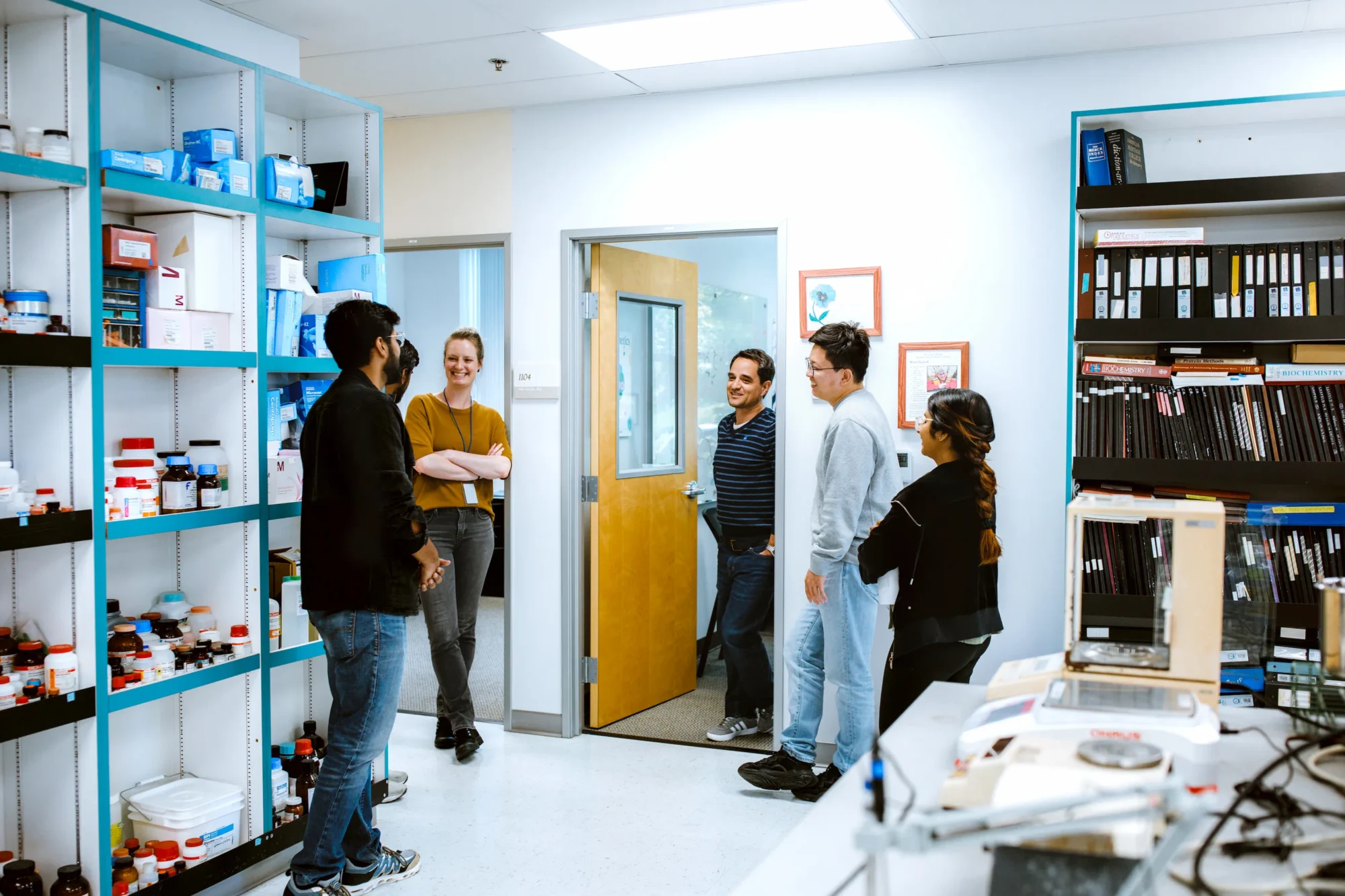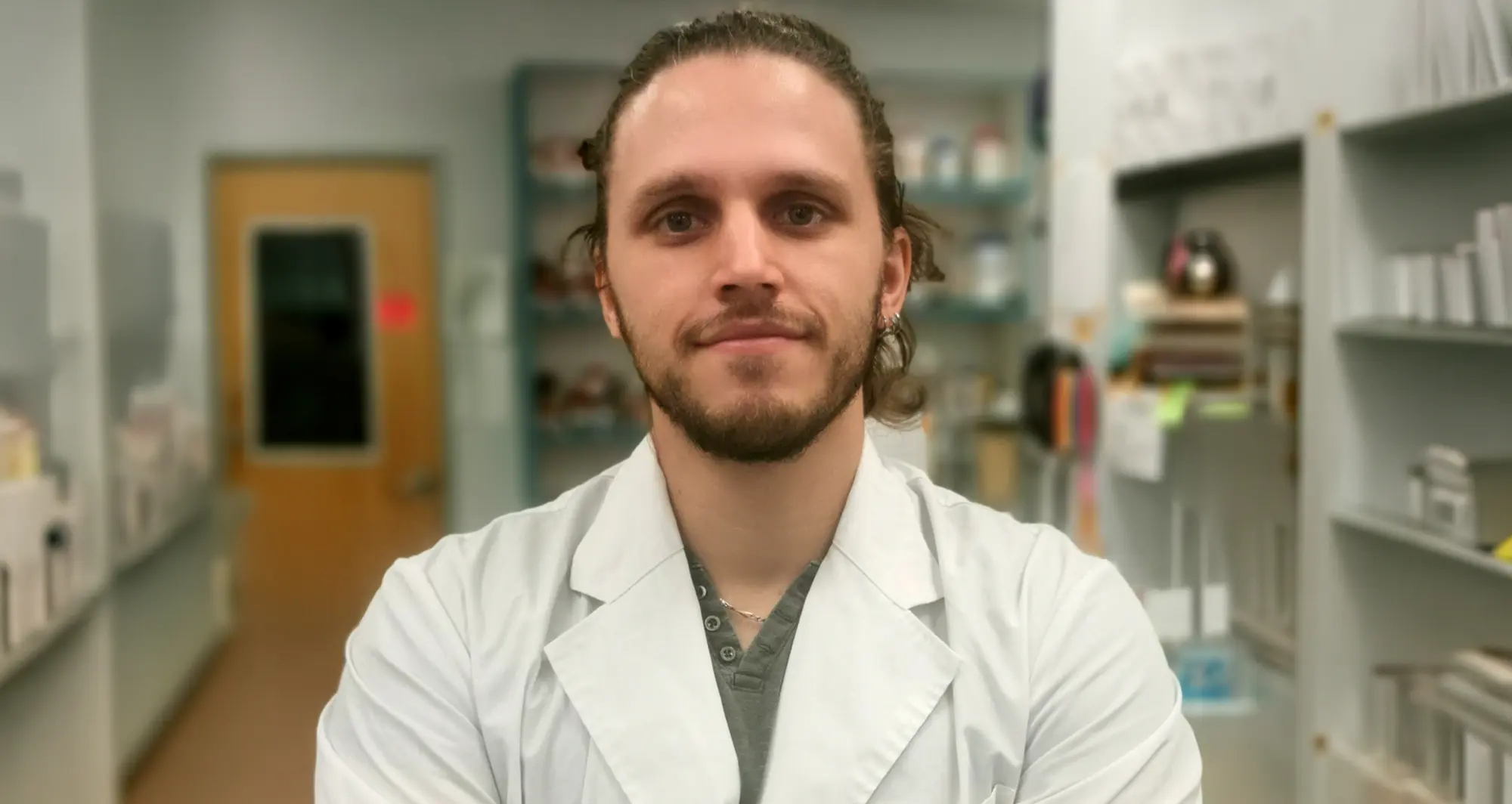
Jimmy Massenet selected for Science in Motion Travel Award
The goal of the award is to support conference participation for emerging researchers.
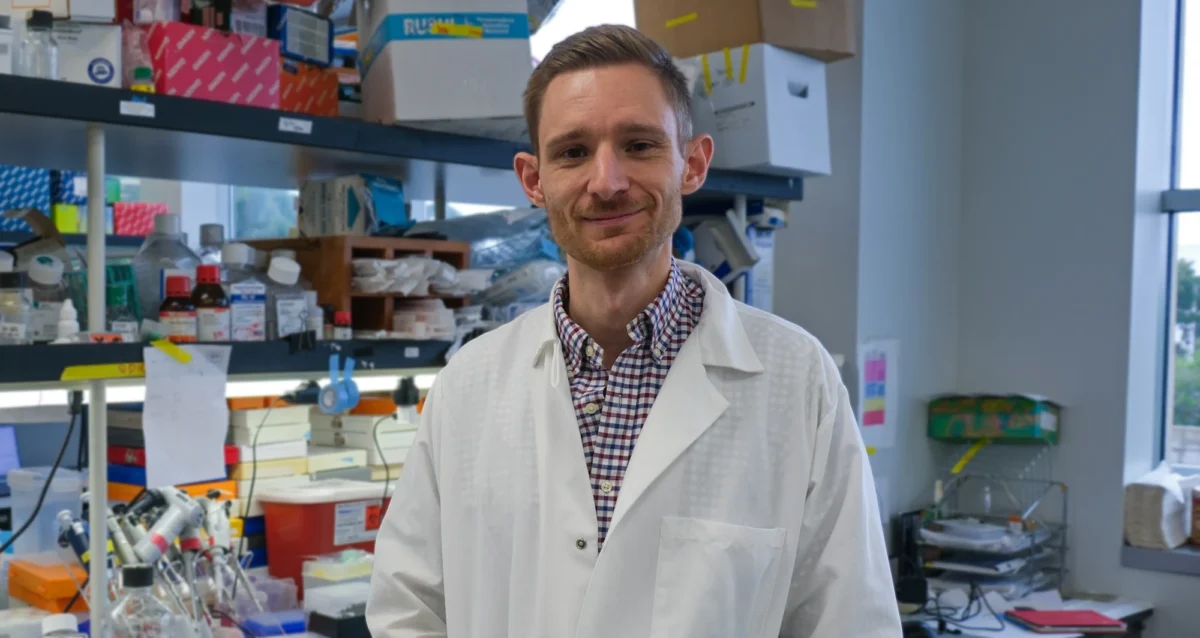
Q & A with Postdoctoral Researcher Dominic Denk, MD, MHBA, from the Karin Lab
Dominic Denk, MD, MHBA, a postdoctoral researcher in the lab of Michael Karin, PhD, studies cancer and gastrointestinal malignancies with a focus on how the immune system reacts…

Women in Science Lecture series showcases public health and nutrition policy leader
The series highlights the groundbreaking work and unique perspectives of women leaders in the biomedical sciences.
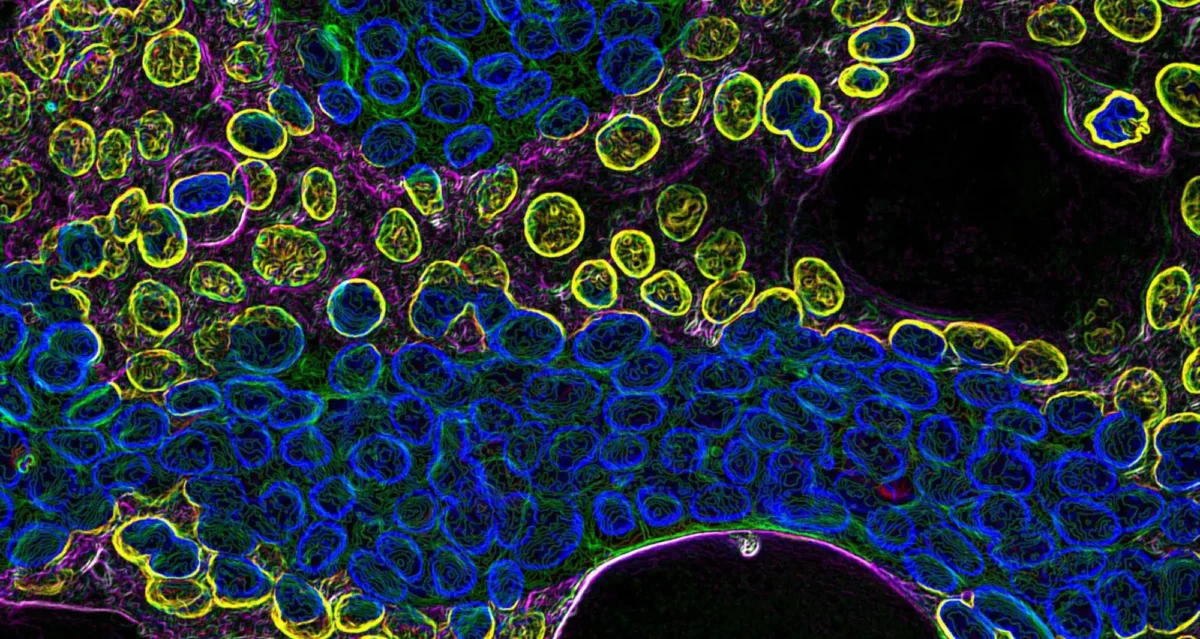
Science in Pictures
A weekly image series featuring selected pictures in science • Carcinoma cells
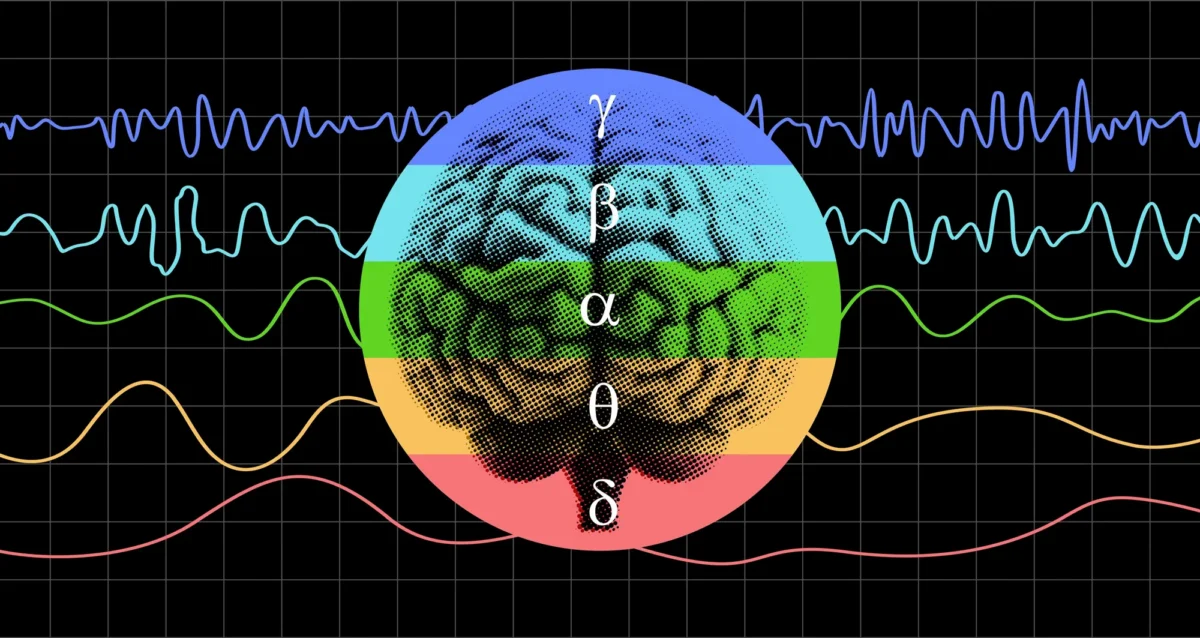
Decoding developing brain rhythms with scalable human neuron networks
Study introduces a scalable human neuron platform to probe how brain-like rhythms emerge—and how specific pathways and drugs reshape them.
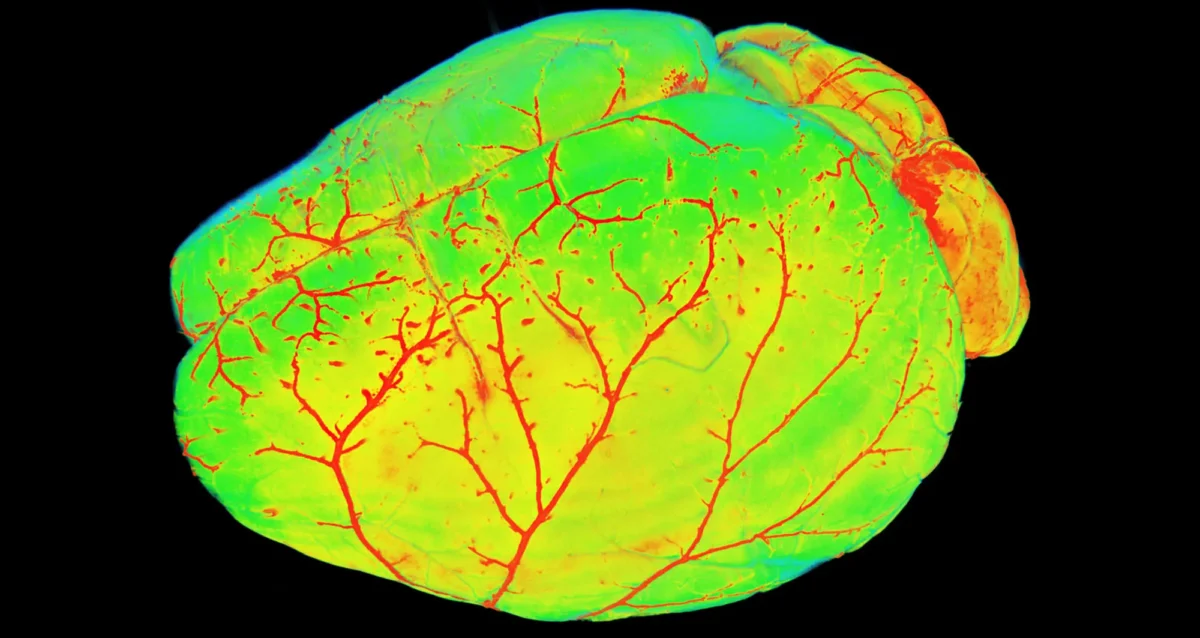
Science in Pictures
A weekly image series featuring selected pictures in science • Mouse brain vasculature
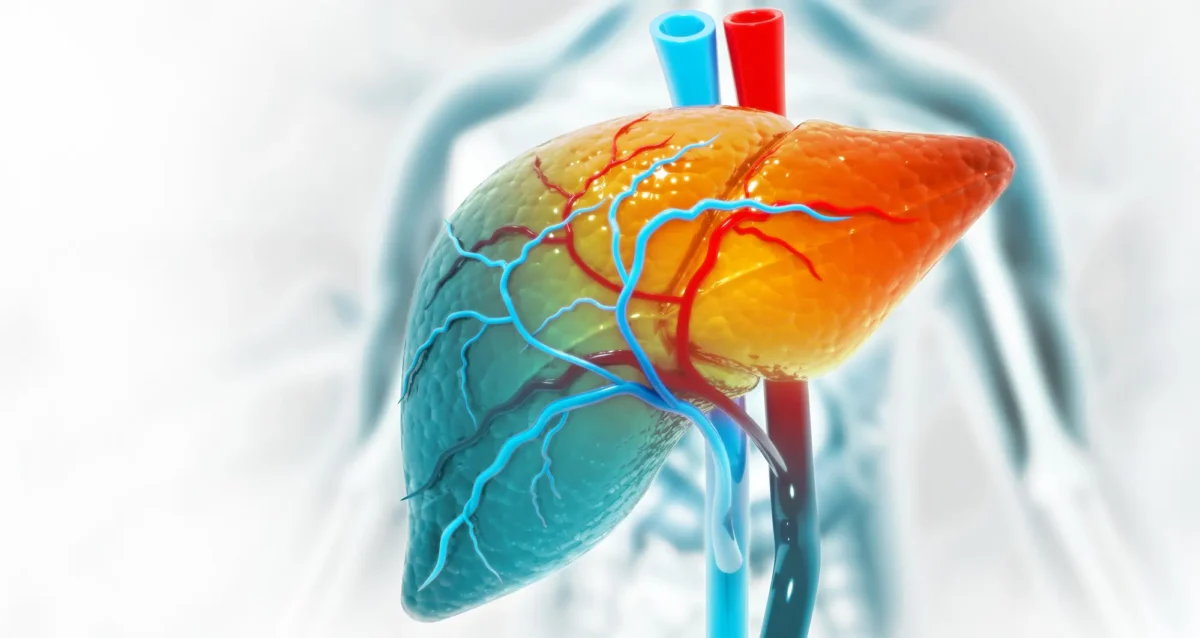
Cell stress response bears good news and bad news for liver cancer
Cell stress response protein implicated in cancer progression, yet it also weakens resistance to immunotherapies.
